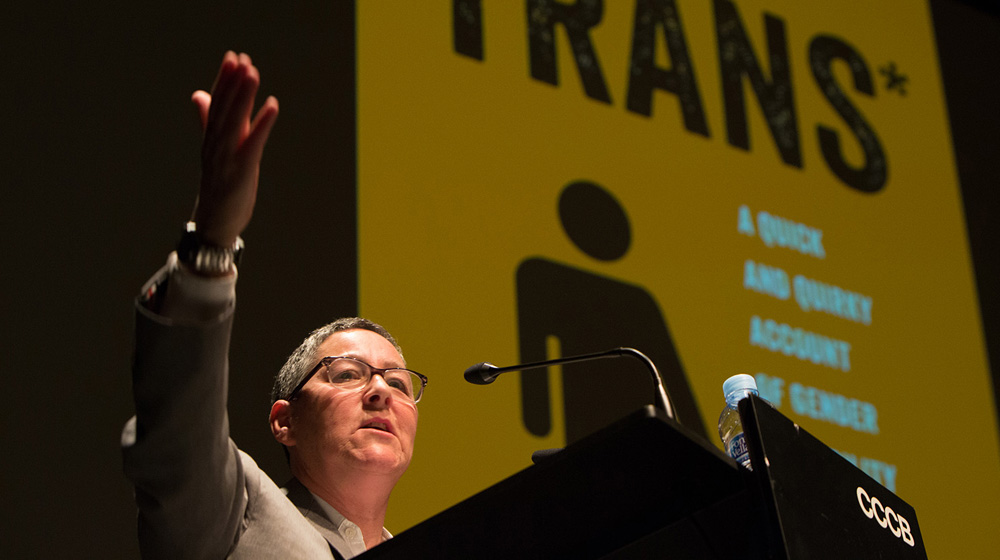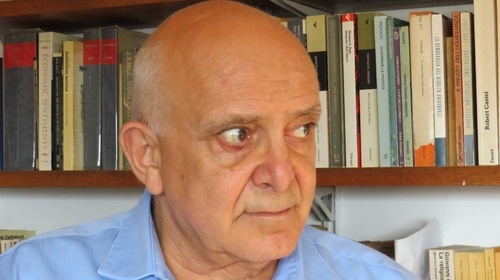1,000 m2 of desire
Trans* Bodies
Lecture by Jack Halberstam
Debate
Lecture by Jack Halberstam, Professor of American Studies and Ethnicity, Gender Studies and Comparative Literature at the University of Southern California (USC).
Gender discourse today is richer and more complex than it has ever been before. The binary reductionism of the man-woman framework is being left behind and the idea that gender identity is something that is much more fluid and diverse is now gaining a foothold. The reality of trans* bodies, which do not coincide with the “norm” and which, not so long ago, were regarded as a deviation or the result of some disorder, is now finding its place in the social imaginary as bodies that rewrite their identity, bodies that are fragmentary and contradictory, as suffering bodies, and bodies re-examining the relationship between gender and origin, race, class and sexuality. What is it that has caused our views to change in the last few decades? How has the representation of transgender and transsexual bodies evolved in popular culture? Might we be able to imagine a future in which gender could be optional or hackable or, to go still further, a genderless future?
Presenters: Miquel Missé
Participants: Jack Halberstam
This activity is part of 1,000 m2 of desire, Politics of Desire
Related contents
"The difference between male and female does not hold anymore"
Jack Halberstam, gender and queer theorist
In this interview, the expert in gender and queer studies Jack Halberstam, explains what he means by trans* bodies. For Halberstam, the changes in bodies and gender identity that are occurring are positive for society as a whole and mark a turning point in the way of understanding marriage, ...
Jack Halberstam
Trans* Bodies
How has the representation of transgender and transsexual bodies evolved in popular culture? Might we be able to imagine a future in which gender could be optional or hackable or, to go still further, a genderless future? Jack Halberstam, Professor of American Studies and Ethnicity, Gender Studies and Comparative Literature at the University of Southern California (USC), reflects on this questions in a lecture presented by sociologist and activist Miquel Missé.





